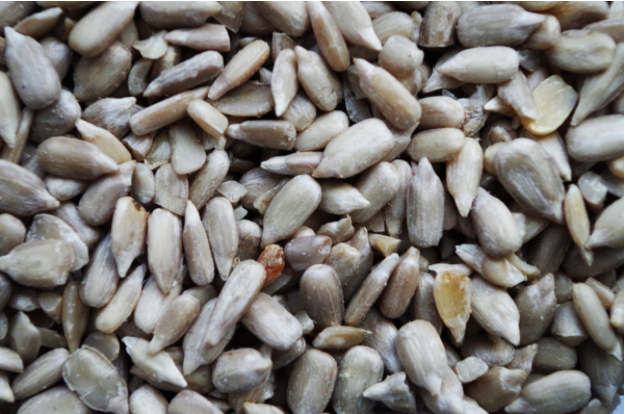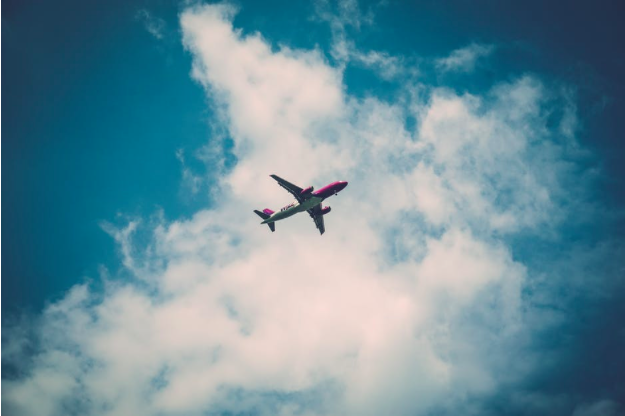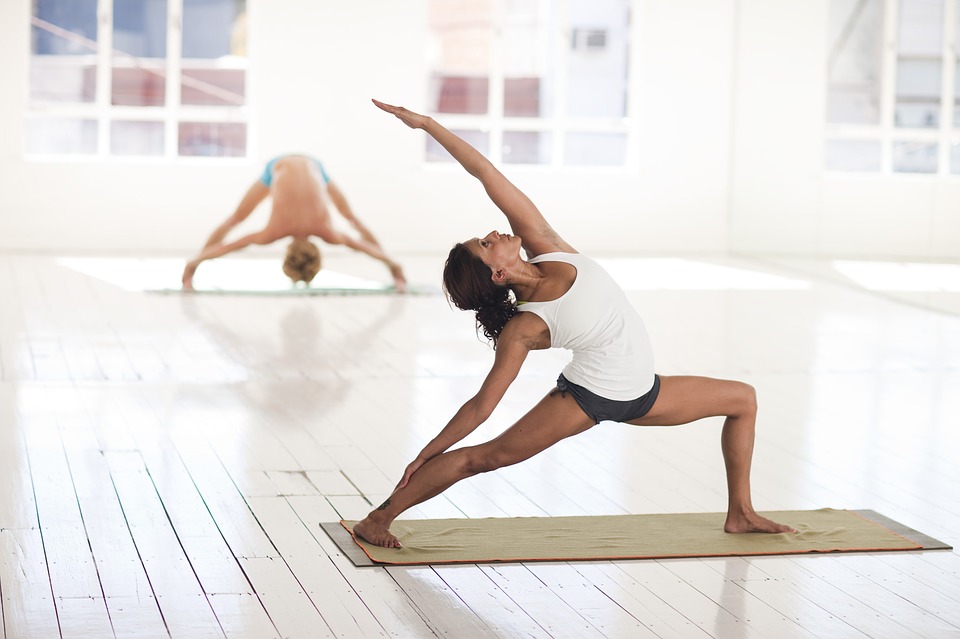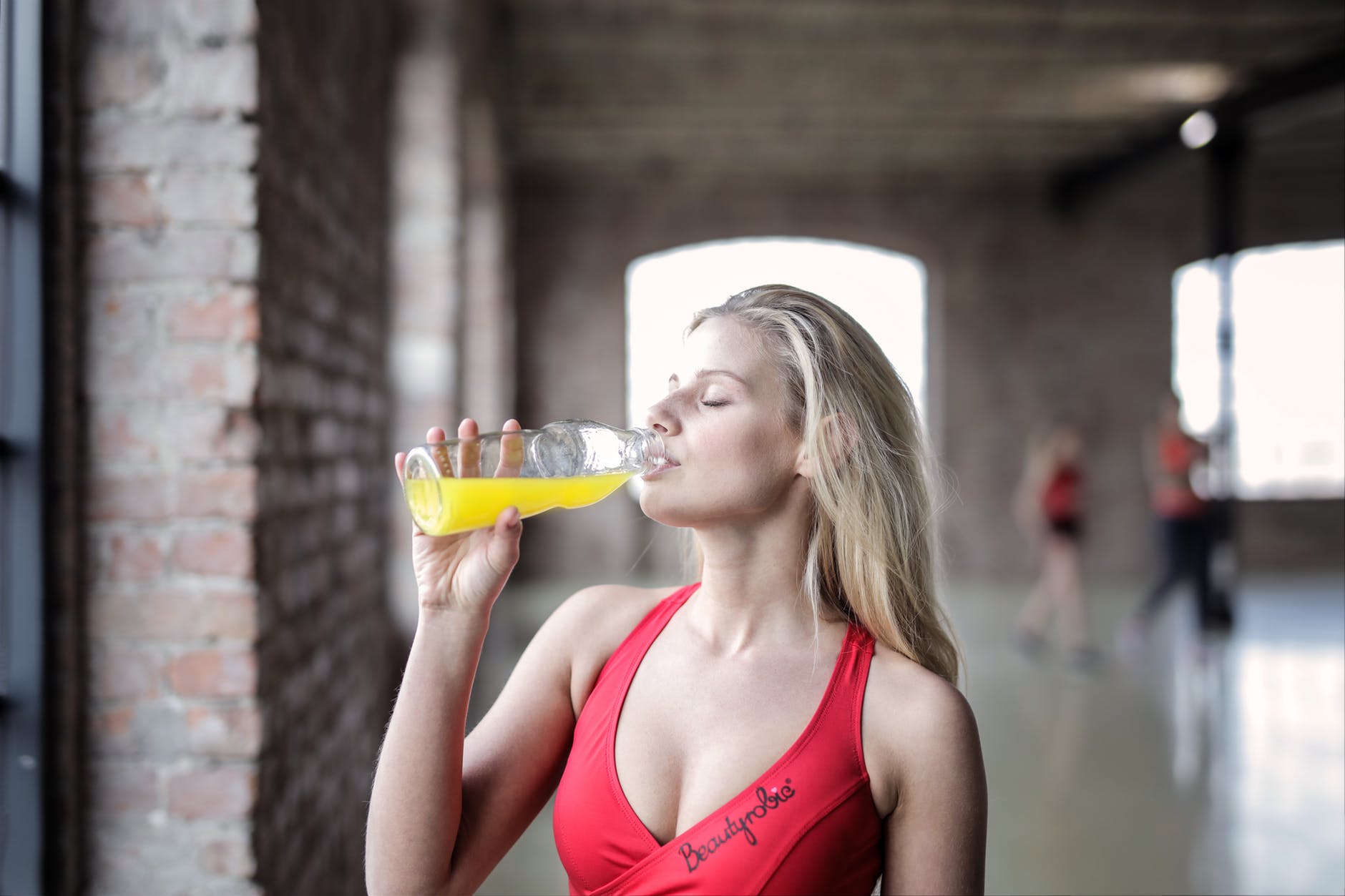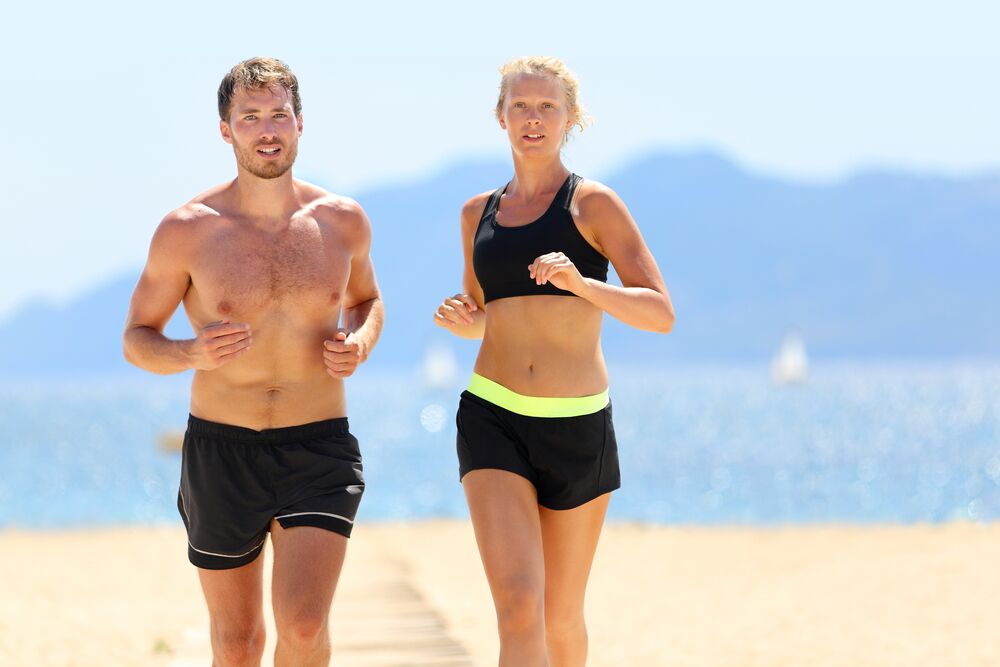When it comes to eating healthy, many of us turn to fruit and veg and attempt to steer clear of fats and sugars. That’s basic, right? We’re told to do it from the moment we know the word diet. Only, as soon as we think we’re on top of things, the rules change again. Suddenly, even these ‘healthy’ foods pose risks with fertilizers and pesticides. And, those of us who thought we’d taken positive steps to take control of our health find ourselves back at the start.
It’s no wonder, then, that many of us decide to tackle the risks by attempting to grow our own veg. You won’t have to worry about those nasty additions when you’ve grown the stuff in your garden. It doesn’t get much more organic than that. And, while you may be concerned about the odd slug in your lettuce, there’s surely no way the world can tell you this is wrong, as well. Or can they?
In truth, no one will attempt to turn you away from growing your own. At least, not in the health community. It’s 100% right to assume food doesn’t get healthier than this. And, in most cases, you’ll be a-okay eating veg from your garden.
But, you’ll notice we said ‘most of the time. You guessed it; this isn’t set in stone. In truth, those pesticides you’re working hard to escape can make their appearance in home-grown produce, too. That’s not to say, of course, that you aren’t still better off this way. After all, you’re sure to consume much smaller doses than you would otherwise. But, at least if you’re aware of the issue, you can take steps towards reducing that amount even further.
So, how do those nasty extras get into a home garden? And, what can you do to limit the damage?
Your water supply
Most commonly, these contaminants get into your home-grown food because of the water you use. After all, you’d be hard pushed to reap any rewards from your garden without a healthy dose of watering. The problem is that the majority of budding gardeners don’t think twice before plugging into any old water supply. The issue there is that you don’t know what contaminants have entered that same source. You drink it often, so you’d like to think it’s safe. But, can you be sure? Of course not. For all you know, one glass of that water has more contaminants than a whole year’s worth of food. What’s more, even a healthy water supply can become contaminated without you realizing. Even if you started to feel sick, it’s unlike you would blame the real culprit for it. That’s right water; we’re talking about you.
So, what can you do to combat this issue? By far the best option is to install an irrigation system which ensures you have a separate supply of water to care for your veg. This can work to prevent contamination both ways. Something like a backflow preventer would be ideal here, and you can head to sites like proirrigation.com for more facts on whether it would be right for you. Without this, you could be looking into costly plumbing work, so it’s well worth considering. Then, make sure you keep your veg taps separate and test your water often to ensure it’s clear.
Your location
Sometimes, there’s nothing you can do but accept defeat. If your house is located in an area which isn’t suited to growing veg, it may be the only option open to you. But, how do you know either way? For the most part, it depends whether you live in a built-up area or not. Cities, for instance, have high levels of pollution you can’t ignore. More rural houses set right next to roads could also be in trouble. After all, those cars driving past release an awful lot of gas, right onto your veg. In extreme cases, that could make you incredibly unwell. And, sometimes, it may be a case of bad luck. Perhaps your house falls under a flight path. If you’re far enough from the airport, this shouldn’t be much of a problem. But, if you often get low-flying planes overhead, it won’t be long until their exhausts seep into your food supply. And, again, that could lead to trouble. It may be that moving your supply elsewhere would overcome these issues. Or, you might want to invest in a greenhouse to keep things safe. Often, these simple steps are all it takes. But, if you think local pollution poses enough of a risk, you may be better finding a farm shop in a better location instead. At least it would save you a lot of work!
Image Source
Your soil
The battle doesn’t end there, either. You also go up against the very soil you’re trusting to provide your nutrients. As you can see from articles like this one found on treehugger.com, it’s possible to have pretty nasty contaminates in your soil that you may not even be aware of.
It’s not unusual for metals like copper and iron to be found in large doses. It all depends on what your land was used for in the past. If you strike lucky, your soil will consist only of the natural substances your veg so badly needs. If not, you may soon know about it. Lead poisoning, for instance, is a pretty severe condition. It can even lead to brain damage in extreme cases.
Of course, there are plenty of people out there who grow veg without ever worrying about this. But to be on the safe side, it’s worth researching your garden’s background. If it’s always been part of a residential property, it’s likely safe. But, if something like a factory was once on that spot, the path may not be as clear.
Your fertilizers
When you first start growing, it’s likely you know you should fertilize your plants to help them grow. But, knowing what to use for the job is a whole other issue. Sure, you’ve seen people with compost bins and homemade fertilizers. But, you’re new to this, and that seems like a step too far right now. So, you head to a shop and buy Miracle-Gro or any other synthetic fertilizer you can get your hands on. It’s for sale in gardening shops, so it’s got to be healthy, right? Not at all. In fact, by using this on your plants, you’re undoing all the effort you’ve already gone to. Though smaller-scale, these shop bought options are no different from the pesticides you’ve been trying to escape. So, why grow your own if this is what you use? You would be better off creating your own fertilizer, or not using any at all. If your setup is sound, you shouldn’t need something like this anyway. But, making fertilizer is easy enough that you have no excuse not to. Do your research, and get to work instead of settling for the easy stuff.
Your seeds
Let’s not forget that your seeds also play a part in the contamination stakes. If you buy your stock from a reputable supplier like www.burpee.com, you can rest pretty easy that you’ve got a good crop. They should arrive pre-packaged, and you’ll know for sure that they haven’t come to any harm. If, however, you buy from any old seller at a market, you don’t get that assurance. Your seeds likely won’t be in sealed packets, and you’ll have no way of knowing what contamination they’ve experienced thus far. As such, your veg garden could be doomed before you even get it in the ground. Sellers like these are tempting, and they do offer low prices. But, is that a risk you’re really willing to take? Even garden centers which keep seeds loose outside are best avoided. Instead, find a seed producer you trust, and stick with them. That way, you can be sure that anything which goes wrong from there happened at your end.
Image Source
Your storage
And, the worries don’t end when your food is out of the ground, either. The chances are that you harvest a decent amount of supplies at once. Better than letting things go over, right? But, storing this food in the wrong place actually opens you to the worst risk of contamination. Rats and other pests can’t resist a good supply of food, after all. And, your fresh stock is no different. If you opt to store this in your shed, there is every chance rats climb on, and even eat your supplies without your noticing. And, you don’t need us to tell you about the health risks of that. While other issues mentioned aren’t often noticeable, you’ll soon become aware of your bad stomach here. Make sure it doesn’t happen by keeping supplies in your house where possible. It’s also worth storing in airtight containers which no critter could break into. Make sure, too, to check your supply on a regular basis, and wash it before use!

